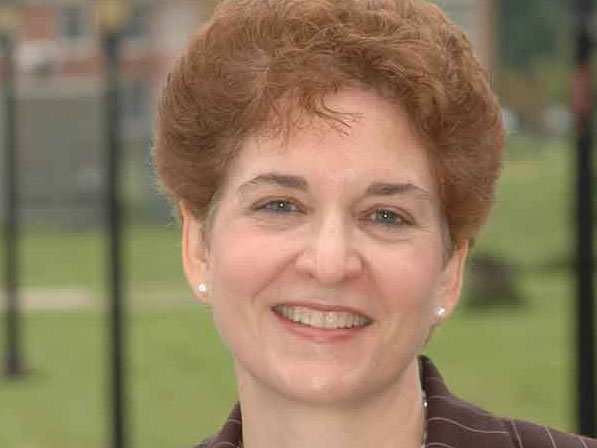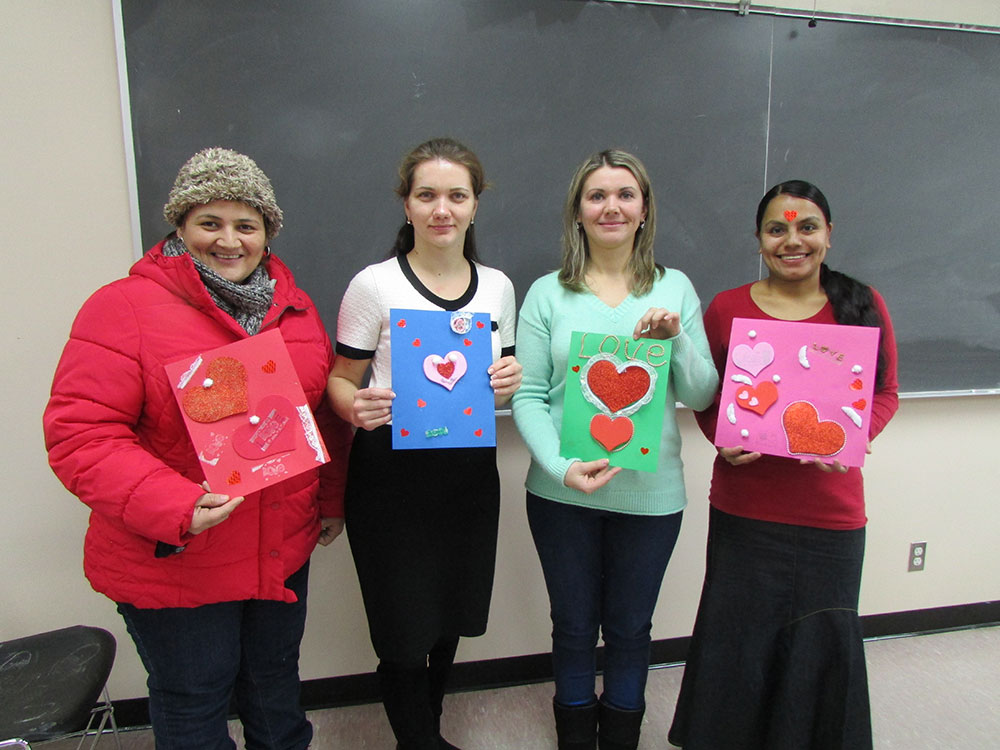A nursing professor at the College of Staten Island has recently received recognition for her work in Transcultural Nursing. Transcultural nursing is a formalized area of study focused on assisting individuals, families, groups, and communities maintain or restore health, deal with disabilities, dying, or other human conditions in beneficial ways consistent with the clients’ cultural values, beliefs, and health practices.
Last December, Dr. Marianne Jeffreys was selected as consultant of the month by the National Center for Cultural Competence and, last September, the Transcultural Nursing Scholars of the Transcultural Nursing Society (TCNS) selected her for induction as a Transcultural Nursing Scholar.
Jeffreys received the latter honor following the selection of her latest book, Teaching Cultural Competence in Nursing and Health Care: Inquiry, Action, and Innovation as a 2006 American Journal of Nursing Book of the Year.
According to the TCNS organization’s philosophy statement, “[t]he purpose of the TCNS Scholars is to recognize persons who have demonstrated exemplary creative leadership by advancing transcultural nursing and health care research, education, practice and/or administration [italics in original] within local, national, or global contexts.” The group’s purpose “is to promote the advancement of a body of knowledge, initiate and disseminate research, teaching and learning, and the clinical applications of transcultural nursing and health care globally.”
Commenting on these achievements, Jeffreys says, “Receiving this recognition for my past work in transcultural nursing research, education, and service motivates me to expand my cultural competence research, teaching endeavors, publications, workshops, presentations, and consultations.”
Presently, Jeffreys is engaging in multiphase, grant-funded research with co-investigator Dr. Enis Dogan (American Institutes for Research, Washington, DC) entitled “Evaluating Students’ Transcultural Self-Efficacy Perceptions and Cultural Competence Following an Integrated Approach to Cultural Competence Education.” The underlying purpose of the study is, according to Jeffreys “to facilitate cultural competence education and to promote culturally congruent health care to the increasingly multicultural society of the 21st Century.”


















